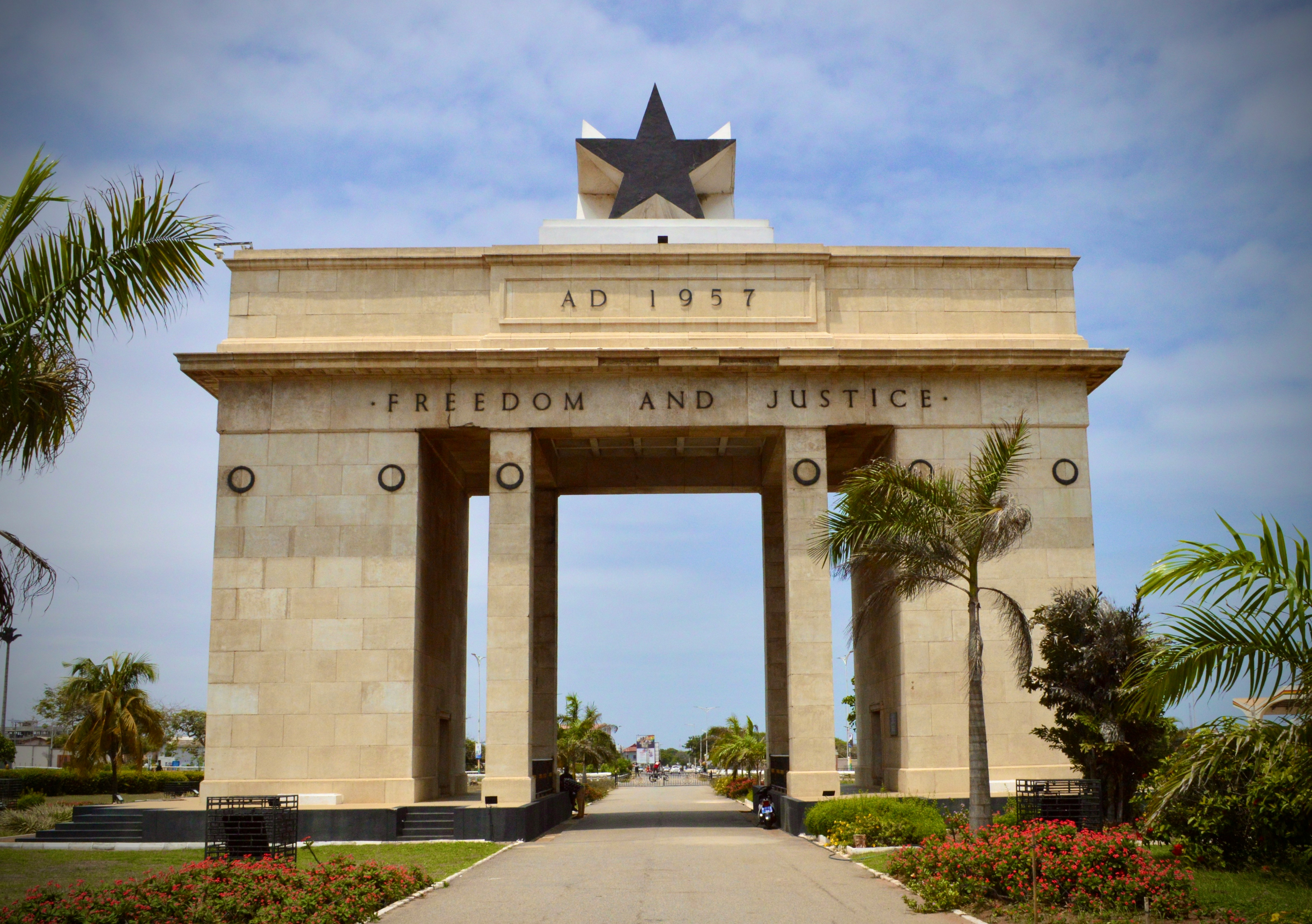Treason and the death penalty in sub-Saharan Africa
Posted
Time to read
In late January, Ghana sentenced six men to death for their involvement in a failed coup attempt in 2021. It was only last year that Ghana abolished the death penalty for ordinary crimes, a step heralded as a commitment to protecting human rights. Having not carried out an execution since 1993, the country was considered ‘abolitionist in practice’ prior to abolition. However, Ghana retained the death penalty for treason. This is not an uncommon move: both Equatorial Guinea and Zambia did the same, as did the UK, where there was a 29-year gap between abolition for ordinary crimes and complete abolition. Retaining the death penalty for treason is often considered symbolic, a reminder of the power of the state, with no real threat of use.
But in Sub-Saharan Africa, there is a long and chequered history of capital punishment being (mis)used for political purposes, both during colonial times and post-independence. The first sub-Saharan country to gain independence from European colonial rule in 1957, Ghana has experienced three successful coups, multiple unsuccessful coups and several years of military rule. Consequently, the death penalty has been actively used for treason: three former head of states were executed in 1979, as were several attempted coup leaders in the 1980s. Death sentences continued to be passed for treason even after return to civilian rule in 1992. The importance of the death penalty for treason is demonstrated by the fact it is enshrined in Ghana’s 1992 Fourth Republic Constitution – as opposed to legal statutes, as was the case with ordinary capital crimes – meaning that removing the death penalty for treason would require amending the constitution, a complex and challenging task. This was likely the intent of the framers of the constitution, which was enacted by the Provisional National Defence Council, a military dictatorship that ruled Ghana from 1981 until 1992, led by Chairman Jerry John Rawlings, who oversaw a plethora of executions for treason in the 1980s.

Capital treason laws have been actively used elsewhere throughout the region: the last executions in Kenya, in 1987, were for treason, when the two architects of a failed coup five years earlier were hanged. Similarly, the last executions in Angola (1977), Burkina Faso (1989), Gabon (1985), Guinea-Bissau (1986), Niger (1976), Senegal (1967) and Sierra Leone (1998) were all of coup leaders, for the crime of treason.
The death penalty in sub-Saharan Africa was designed to maintain political power. Capital jurisprudence was created around colonial concerns, namely, to establish and maintain foreign rule. While the death penalty tended to be used sparingly, excessive penal violence was used in response to threats to colonial power. For example, after the Mau Mau rebellion, over a thousand Kenyans were hanged – the most proliferate use of the death penalty on the continent in the twentieth century.
At independence, nascent sub-Saharan states faced the challenge of trying to form a unified identity; it is a continent whose borders were created according to the negotiations between competing European powers, rather than with respect to indigenous boundaries or tribal geography. After independence, colonial borders were retained, but did not imbue occupants with an automatic sense of statehood. Instead, people with different cultures, languages and ethnicities were amalgamated, with little effort made to unite or assimilate them. Ghana, for example, has six dominant ethnic groups, but around 100 linguistic and cultural groups. The result was a struggle to form a national identity as the basis for an independent state, leading to instability, with various factions vying for political control. When there is no strong sense of nationhood, offences against the state are a serious threat to stability, and reacting with lethal force is considered to be a means to strengthen the state and secure its authority.
Independence for many countries was characterised by political turmoil, coups, military regimes and human rights abuses to which the death penalty was central. Between 1981 and 1986, there were thirteen abortive coup attempts in Ghana – resulting in at least three rounds of mass executions for treason. Rawlings, who had also previously ordered the executions of three prior heads of states, referred to the killings as a ‘housekeeping exercise’. Capital treason laws served the purpose of removing political opposition.
There have been over 200 military coups in Africa since the 1960s, 45% of which have resulted in a regime change. Since 2020 alone, besides the attempted coup in Ghana, there have been coups in Burkina Faso, Mali, Guinea and Niger, and attempted coups in Sierra Leone, Chad and Guinea Bissau. Niger’s new military junta has signalled its intent to try the deposed President with capital treason. Guinea’s new rulers likewise will charge the former President with treason, but as an abolitionist country, he – so far – will not face the death penalty. Likewise, Sierra Leone – which abolished the death penalty in 2021 – has charged the former President with treason for his part in a 2023 coup attempt.
Both Guinea and Sierra Leone abolished the death penalty for all crimes, including treason, and neither country appears to be backtracking for these new treason trials. However, other recent abolitionists Burkina Faso, Equatorial Guinea and Zambia all retain the death penalty for treason, having abolished it for ordinary crimes only. Chad went as far as abolishing the death penalty in 2014, only to reinstate it in the following years for terrorism and swiftly execute ten members of Boko Haram, and has since re-abolished the punishment. Meanwhile earlier this month, the Democratic Republic of Congo announced an end to a 21-year moratorium in order to resume executions for treason, just five months after a politician was sentenced to death for supporting the M23 rebel group. The move is a swift turnabout from 2021, when current President Felix Tshisekedi pardoned the killers of former President Laurent Kabila in the name of national reconciliation, but is presented as a response to the escalating militant violence throughout the country.
Given the wave of political instability sweeping West Africa, abolishing the death penalty for ordinary crimes cannot be assumed to mean the end of the death penalty, and retention for the crime of treason is not merely symbolic when a country is facing insurgency. If attempts are made to overthrow the government, treason laws become relevant. There is a big difference between abolition for all crimes and abolition for ordinary crimes – as seen in Sierra Leone and Guinea, compared to Ghana – in that when threats to power emerge, the death penalty can be revived. The death penalty is, and historically has been, used to maintain political power against threats through uprisings and coups. Enshrining the death penalty for treason in the constitution makes it more resilient to abolition because it is harder to achieve. Capital treason laws survive in some abolitionist African countries for the specific reason that, as has happened in Ghana, there may come a time when using a state’s power to impose death sentences will be used to demonstrate their authority in the face of threats to national security.
 |
Dr Diana Peel is a researcher with a focus on sub-Saharan Africa. |
Share
